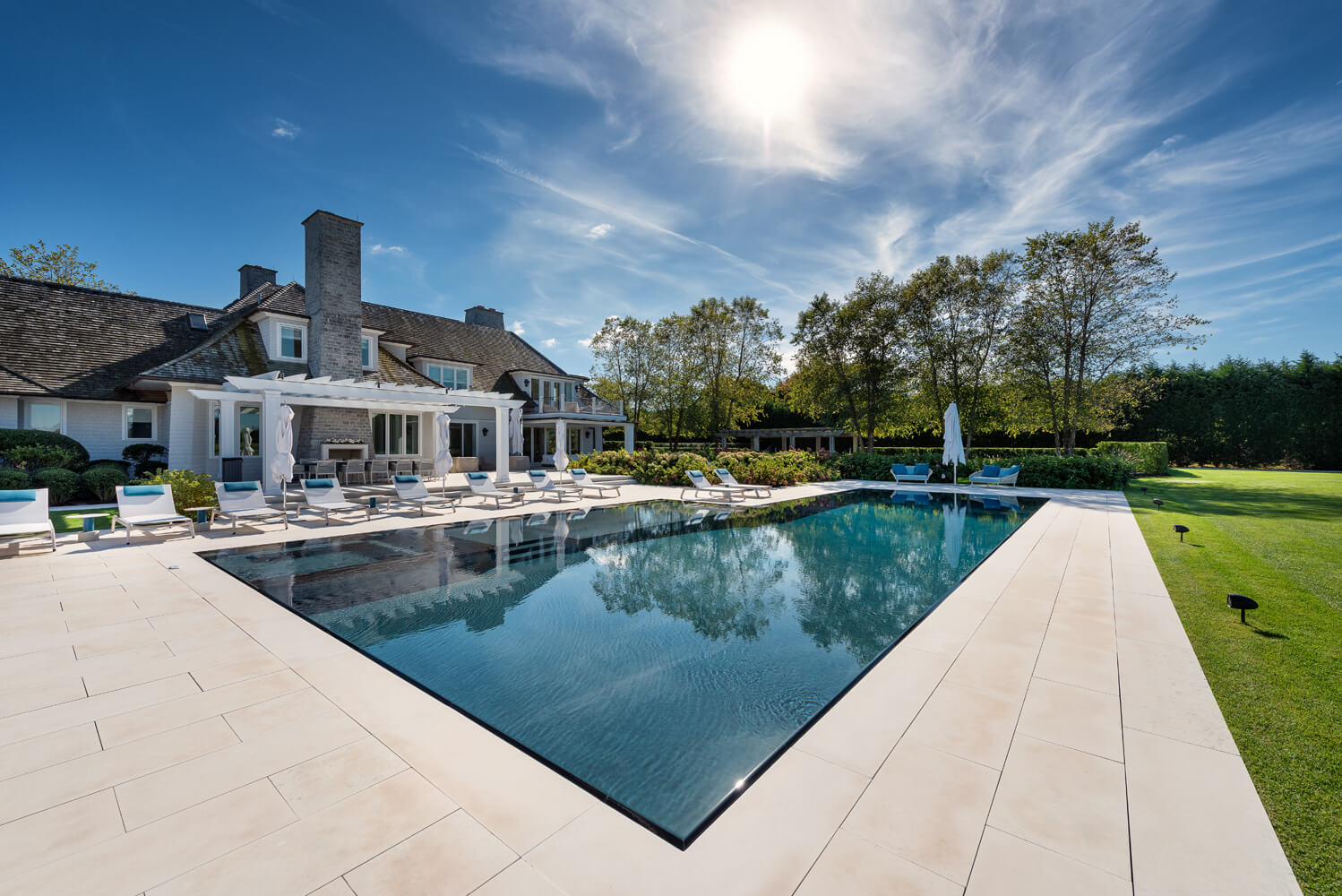
Building a residential pool can be an exciting yet complex endeavor. Whether you are looking to create a serene oasis for relaxation or a fun and entertaining space for gatherings, successful pool construction requires careful planning and execution. Here are 10 tips to help ensure your residential pool construction project goes smoothly and results in a beautiful and functional addition to your home.
1. Define Your Goals and Budget
Before diving into a pool construction project, it's important to clearly define your goals and set a realistic budget. Consider the primary purpose of the pool, whether it's for relaxation, exercise, or entertainment, and how you envision using the space.
Key points to consider:
- Size and shape of the pool
- Type of pool (e.g., in-ground, above-ground, fiberglass)
- Additional features (e.g., spa, water feature, lighting)
- Maintenance and operational costs
2. Work with a Reputable Pool Contractor
Choosing the right pool contractor is essential for the success of your project. Look for a contractor with a solid reputation, experience in residential pool construction, and the necessary licenses and insurance.
Things to consider when selecting a pool contractor:
- References and portfolio of past projects
- Contracts and warranties offered
- Communication and responsiveness
- Timeline and scheduling
3. Obtain Necessary Permits and Approvals
Before breaking ground on your pool construction project, make sure you have obtained all the necessary permits and approvals from your local municipality. Failure to do so can result in costly delays and fines.
Common permits required for pool construction:
- Building permit
- Zoning permit
- Electrical permit (if applicable)
- Plumbing permit (if applicable)
4. Plan for Proper Drainage and Filtration
Proper drainage and filtration are crucial for maintaining a clean and healthy pool. Work with your pool contractor to ensure that the pool is equipped with an effective filtration system and proper drainage to prevent water buildup and flooding.
Considerations for drainage and filtration:
- Placement of drains and skimmers
- Size and capacity of the filtration system
- Water circulation and distribution
- Options for water treatment and maintenance
5. Choose Durable and Low-Maintenance Materials
When selecting materials for your pool construction project, opt for durable and low-maintenance options that can withstand the elements and regular use. This will help reduce long-term maintenance costs and ensure your pool remains in good condition for years to come.
Recommended materials for residential pools:
- Concrete (for in-ground pools)
- Fiberglass (for easy maintenance)
- Tile or stone (for a luxurious finish)
- Vinyl (for above-ground pools)
6. Incorporate Safety Features
Safety should be a top priority when designing and building a residential pool. Incorporate safety features such as fences, gates, and pool covers to prevent accidents and ensure the well-being of your family and guests.
Essential safety features for residential pools:
- Child-proof locks on gates
- Non-slip pool deck surfaces
- Pool alarms and motion sensors
- Proper lighting for night-time visibility
7. Consider Energy-Efficient Design Options
Save on energy costs and reduce your environmental impact by incorporating energy-efficient design options into your pool construction project. From solar heating systems to LED lighting, there are many ways to make your pool more eco-friendly.
Energy-efficient design options for residential pools:
- Solar-powered pool heaters
- Variable speed pumps
- LED or solar lighting
- Covered pool surface to reduce evaporation
8. Plan for Landscaping and Pool Surroundings
Enhance the beauty and functionality of your pool by carefully planning the landscaping and surroundings. Consider adding plants, trees, and hardscaping elements to create a cohesive and inviting outdoor space.
Ideas for landscaping around residential pools:
- Privacy hedges or fences
- Patio or deck for lounging and dining
- Water features or fountains
- Outdoor lighting for ambiance and safety
9. Schedule Regular Maintenance and Inspections
Once your residential pool is complete, it's important to schedule regular maintenance and inspections to keep it in optimal condition. This will help prevent costly repairs and ensure that your pool remains safe and enjoyable for years to come.
Tips for maintaining your residential pool:
- Regularly clean and skim the pool
- Test and balance water chemistry
- Inspect and maintain equipment (e.g., pumps, filters)
- Winterize the pool before cold weather sets in
10. Enjoy Your New Pool!
Once your residential pool construction project is complete, take the time to enjoy your new outdoor oasis with family and friends. Whether you're relaxing by the water, hosting pool parties, or getting in a few laps, your new pool is sure to provide endless hours of enjoyment and relaxation.